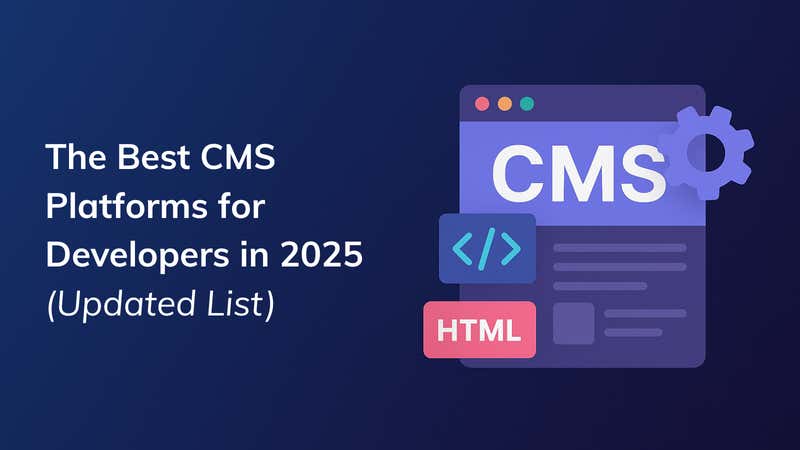BLOG POSTS
The Agility Blog
Keep up to date with everything happening at AgilityCMS. We also write about industry news, content marketing, Ecommerce, Jamstack DevOps

Agility CMS: The Canadian-Made Solution for Canadian Businesses and Government Agencies
The importance of Canadian data sovereignty, security, scalability, and flexibility.
Read More

Bienvenue à Montréal! Join Agility CMS at CMS Connect 25
Agility CMS is a proud sponsor of CMS Connect 25 in Montréal. Hope to see you there.
Read More

Our Vision for AI: Augmenting Human Capabilities
AI, Agility CMS, and what it means for us...and you.
Read More

GraphQL Errors Demystified: How to Troubleshoot Common Issues
Jul. 05, 2025
How To
10 GraphQL problems. 10 easy-to-follow solutions.
Read More

Our Vision for AI: Augmenting Human Capabilities
Jul. 03, 2025
AI
Artificial Intelligence
AI, Agility CMS, and what it means for us...and you.
Read More

Agility CMS Goes Hollywood: Welcome, LA-Based Implementation Partner Mouche
Jun. 26, 2025
CMS
Headless CMS
Meet Mouche: LA's top digital agency serving mid-market and enterprise level brands.
Read More

The Best CMS Platforms for Developers in 2025 (Updated List)
Jun. 24, 2025
CMS
Content Platform
Developer Tools
A comprehensive look at the top 10 CMS platforms for developers in 2025.
Read More

CMS and SEO: How a Headless Approach Futureproofs Your Strategy
Jun. 23, 2025
On-Page SEO
Search Engine Optimization
Headless CMS
SEO is no longer just about keywords and backlinks.
Read More

Recapping the Incremental Approach: A Story About Urgency, Agility, and a Canadian Rock Classic
Jun. 19, 2025
Best Practices
CMS
A four-part story about urgency, agility, and a Canadian rock classic.
Read More

AI Has Killed the Website As We Know It. Now What?
Jun. 18, 2025
AI
Artificial Intelligence
RIP Websites. Cause of death: AI.
Read More

The Ultimate Guide to Exploring GraphQL in 2025
Jun. 17, 2025
The what, why, and how of GraphQL in 2025.
Read More

Bienvenue à Montréal! Join Agility CMS at CMS Connect 25
Jun. 16, 2025
CMS
Agility CMS is a proud sponsor of CMS Connect 25 in Montréal. Hope to see you there.
Read More

Beware the Haunted Content Management System on Friday the 13th
Jun. 13, 2025
CMS
Is your CMS unlucky on Friday the 13th?
Read More

Traditional CMS: The Horse-Drawn Carriage on Today’s Content Autobahn
Jun. 11, 2025
CMS
Headless CMS
Three reasons why a traditional CMS is like a horse-and-buggy on the content Autobahn.
Read More

Content Marketers, It’s Time to Take the Power Back with a Headless CMS (Infographic)
Jun. 10, 2025
Headless CMS
Content Marketing
Shouldn't content marketers be in control of, you know, content?
Read More

What’s a Headless CMS? Explained with Montreal Bagels (Infographic)
Jun. 06, 2025
Headless CMS
Headless CMS sounds complex. But when you think about it as a yummy Montreal bagel, it’s easy.
Read More

Agility CMS Welcomes 9thCO as the Newest Member to the Implementation Partner Program
Jun. 05, 2025
Agility CMS welcomes 9thCO as a new implementation partner.
Read More

What is GraphQL Pagination and Why Does It Matter?
Jun. 04, 2025
Learn the ins and outs of GraphQL pagination using offset and cursor methods.
Read More
Rendered on: 2025-07-05T16:20:28.711+00:00
